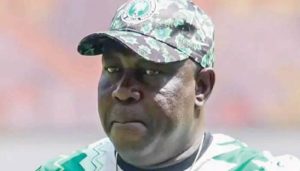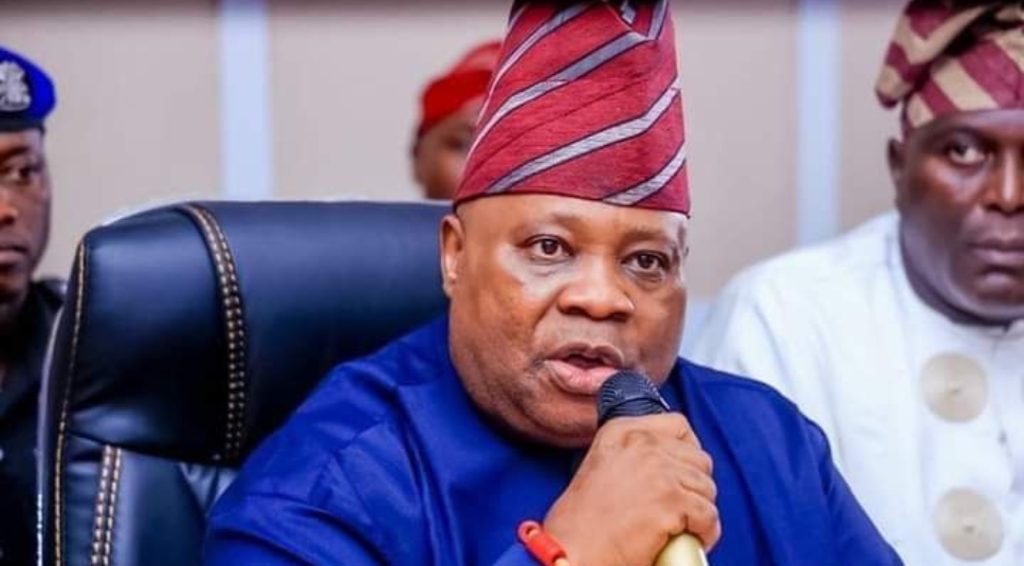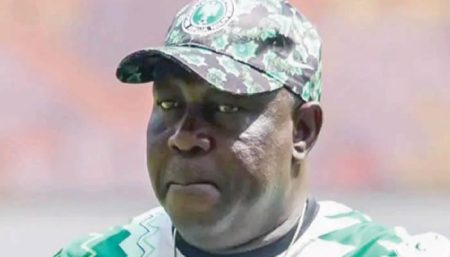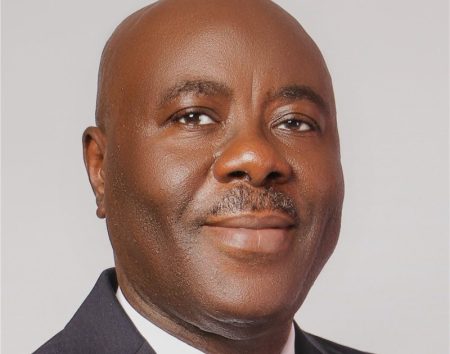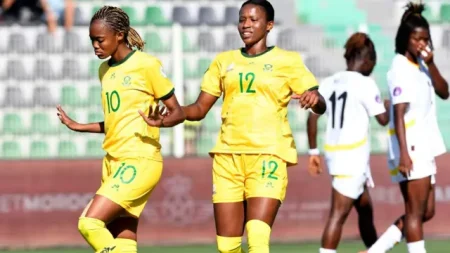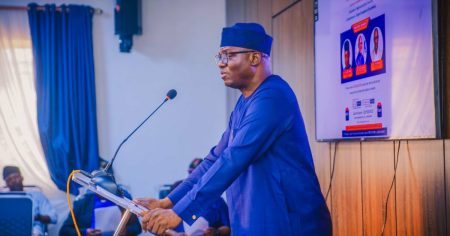The political landscape of Osun State is abuzz with controversy following the failed defection attempt of Governor Ademola Adeleke from the Peoples Democratic Party (PDP) to the All Progressives Congress (APC). The APC has publicly stated that Adeleke’s defection was rejected due to concerns that he would be a liability and tarnish the party’s image. The APC claims Adeleke’s move was motivated by fear of defeat in the upcoming 2026 gubernatorial election, and accuses him of hypocrisy, alleging that while feigning friendship with President Tinubu in Abuja, he simultaneously orchestrates campaigns to discredit the President within Osun State. This duality, they argue, underscores Adeleke’s desperation to secure re-election and his willingness to employ deceitful tactics.
In response, the PDP, while refraining from direct confrontation with the APC, maintains its focus on serving the people of Osun State and asserts its confidence in securing victory in the 2026 elections based on its performance record. The PDP chairman, Sunday Bisi, dismissed the APC’s allegations, emphasizing the party’s commitment to a fair electoral process. He expressed confidence that the people of Osun would recognize the PDP’s accomplishments and vote accordingly, thereby rejecting any attempts at rigging by the opposition. Bisi further underscored the party’s unity and affirmed Adeleke’s prospects for re-election, while also pledging support for President Tinubu’s own re-election bid. This stance highlights the PDP’s strategy of projecting an image of stability and performance-driven governance, contrasting it with the APC’s portrayal of Adeleke as a desperate and untrustworthy politician.
The political drama within Osun State intensified with the publicized loyalty pledge of 25 PDP lawmakers to Governor Adeleke. This declaration of support comes amidst a wave of defections from the PDP, with five federal lawmakers having recently resigned from the party. The Speaker of the Osun State House of Assembly, Adewale Egbedun, addressed rumors of further defections among state lawmakers, firmly asserting the unwavering loyalty of the 25 PDP members to both the governor and the party. He emphasized their commitment to upholding the mandate entrusted to them by the people and dismissed the rumors as baseless attempts to sow discord. This public display of unity serves as a strategic counter-narrative to the perception of instability within the PDP ranks, potentially bolstering Adeleke’s standing and reassuring the party’s base.
The backdrop of this political maneuvering is the impending 2026 gubernatorial election in Osun State. The APC’s rejection of Adeleke’s defection bid can be interpreted as a strategic move to avoid being associated with a potentially vulnerable candidate. By framing Adeleke as a political opportunist driven by fear of electoral defeat, the APC aims to discredit him in the eyes of the electorate. Meanwhile, the PDP’s emphasis on performance and stability seeks to project an image of competence and reliability, contrasting itself with the perceived instability and opportunism of the opposition.
The unfolding events in Osun State highlight the intense political competition and strategic maneuvering characteristic of Nigeria’s political landscape. The public exchange of accusations and pronouncements serves as a platform for each party to shape public perception and influence voter sentiment ahead of the crucial 2026 elections. The loyalty pledge of the 25 state lawmakers is a critical move by the PDP to demonstrate internal cohesion and counter the narrative of widespread defections and instability.
In a state with a history of closely contested elections, the ongoing political tussle between the APC and the PDP underscores the high stakes involved in the upcoming governorship race. The public pronouncements and strategic maneuvers of both parties reflect their determination to gain an advantage in the political arena. The ultimate outcome will depend on how effectively each party can mobilize its base and persuade undecided voters in a contest likely to be shaped by factors such as performance, public perception, and the broader political climate. The recent events suggest that the 2026 election will be a hard-fought battle with significant implications for the political landscape of Osun State.



